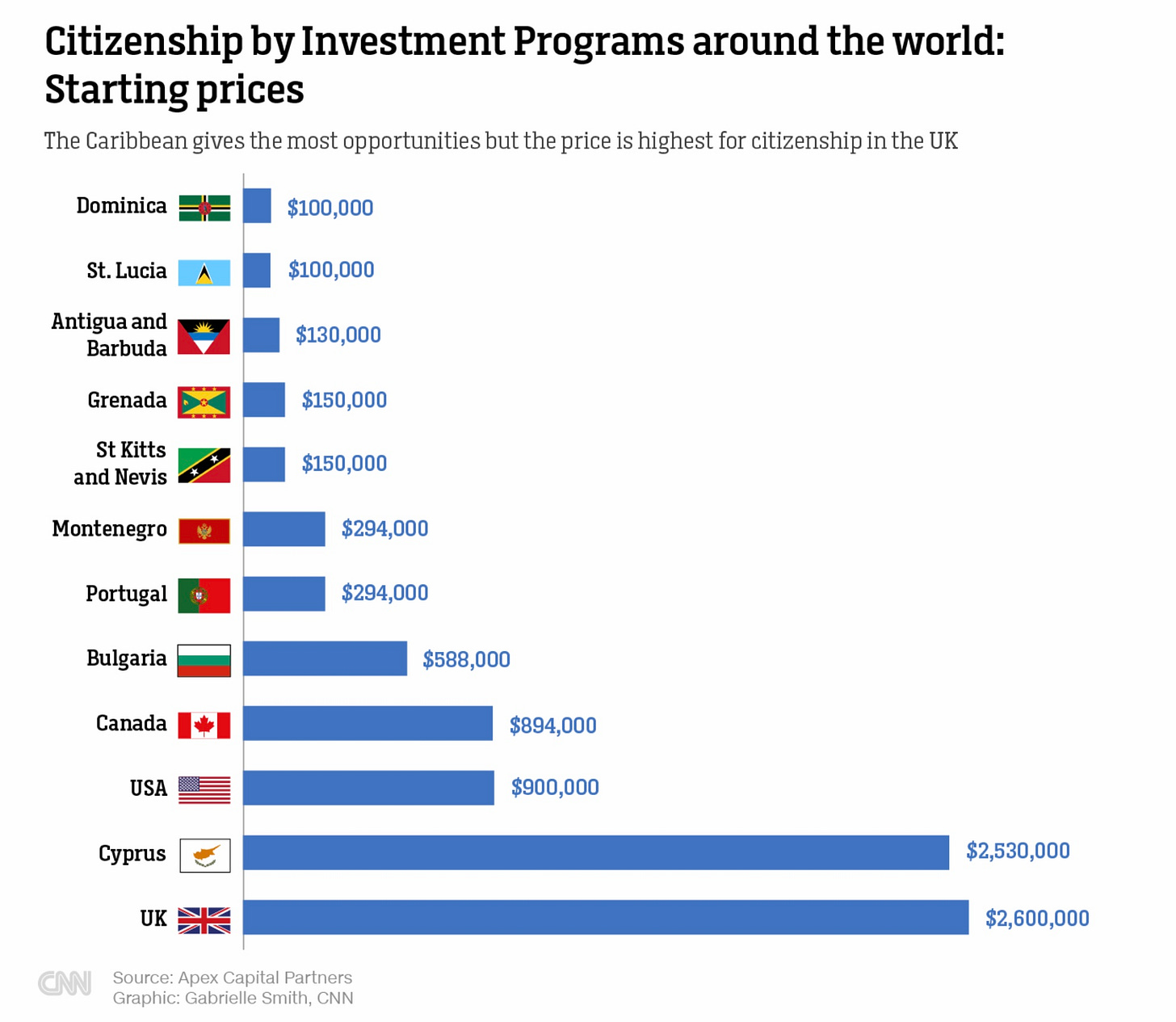If COVID-19 has taught us anything, it has forced us to question basic assumptions about how we live our lives. For example, as a parent of an American child, I followed along with societal norms and taught my child to value his individuality. Throughout school I hoped he would “find his own voice” so that he can someday pursue his passions.
The idea of saying to my son, your community matters more than you do, we must sacrifice our individuality so that we can serve the common good. In America, that just doesn’t work.
In Bali, on the other hand, the village is an extended family. To focus on oneself above the village would make that person an outcast. He or she can make money and move out of the village, but she cannot leave the village in any permanent way. If she is successful financially she must give back to the community, not out of any tax obligation but because of karma, and tradition.
What if you find yourself questioning not just your own societal norms, but everything in terms of how you place value in the world?
Let’s take freedom of speech. For Americans, freedom of speech is supposed to be held in high regard, as its the very first amendment in our constitution:
Congress shall make no law respecting an establishment of religion, or prohibiting the free exercise thereof; or abridging the freedom of speech, or of the press; or the right of the people peaceably to assemble, and to petition the Government for a redress of grievances.
Yet why are we ranked 45th in the World Freedom Press Index for 2020?
The Index ranks 180 countries and regions according to the level of freedom available to journalists. It is a snapshot of the media freedom situation based on an evaluation of pluralism, independence of the media, quality of legislative framework and safety of journalists in each country and region.
How can we tolerate such a decline?
The Frog in the Frying Pan
As a fable, frogs are supposed to boil to death if you place them in a frying pan with water and then very slowly heat the water. It’s often used as a metaphor for when people are subject to imperceptible changes and then find themselves leaping out of the boiling water when its too late — they’ve already been badly burned.
As humans we habituate all too readily. It is in our DNA, in our perceptual apparatus and mental maps. We don’t have to beat ourselves up over it but it’s important to recognize that it’s a shortcoming in how we assess ourselves and the world.
Take plastic. At first when we found out the ocean had a great garbage patch it was freaky. While the patch isn’t visible from space because its made up of trillions of micro plastic particles, it is still a slap to our collective faces. But now we not only have massive plastic patches in the ocean, it’s in the very air we breathe. Scientists analyzed samples from 11 national parks and wilderness areas in the USA and found:
microplastics in almost every sample they collected. In total, 4 percent of the identifiable dust particles were plastic. Brahney and her colleagues “immediately realized the gravity of what we were seeing,” she says. “That was a moment of being just completely astounded.”
Income Inequality
It’s hard to get your head around how much money can be consolidated into the hands of so few:
The elite one percent of Americans control $30 trillion of assets, while the bottom half have more debt than assets. The three richest Americans have more money than the poorest 160 million of their countrymen.
In the 1950s in the USA the marginal tax rate for the wealthy was 90%.
Times have changed and the frogs are slowly boiling.
Buying Your Way Out
Not happy with your country? Apparently there are “citizen-by-investment” (CIP) programs that allow you to buy “golden visas”.
"People really want the insurance policy of an alternative citizenship, which gives them a Plan B," Dominic Volek, Head of Asia for global citizenship and residence advisory firm Henley & Partners, tells CNN Travel.
"They are also concerned about healthcare and pandemic preparedness because, of course, this may not be the only pandemic in our lifetime.
"Wealthy people don't plan for five to 10 years -- they plan more than 100 years in advance, in terms of wealth and well being."

Are you a member of the ultra-elite? If so then New Zealand has a program just for you. For an investment between $1.9 - 6.5 million USD you can have a plug-n-play commercial farm waiting for you, as you run from this or the next pandemic:
"New Zealand's program is pretty flexible in terms of what you invest in -- as long as it's not for your personal use," explains Volek.
"A lot of these people have put that NZ$10 million into creating a completely self-sustainable, off-grid commercial farm. So then they've also got a place to go and just wait things out in times like these."

Remaining Sensible
While it is very true that the world is going through an unprecedented period of turmoil and heartache, you must keep in mind that it is not evenly distributed. While there are no pristine pockets left untouched by microplastics, and no perfectly safe havens, there are choices.
I live in a place where the island residents, many of whom are currently unemployed, are taking to the skies — flying kites.

They are not begging in the streets because their village takes care of their own. There's enough rice to go around, if not much more than that. And they have each other.
So sometimes… you just have to go fly a kite.



